For Students:
Students enrolled in my courses can sign up for office hours appointments, or email me directly to arrange a time to meet in-person or via Zoom.
Fall 2024, Spring 2026: HIST 3615 (George Washington University)
History of Chinese Communism
Department of History, George Washington University, Visiting Instructor of History (Adjunct Assistant Professor).
This undergraduate course surveys the leadership, ideology, structure, and foreign and domestic policies of the Chinese Communist Party (CCP/CPC). During this course, we will examine the rise of Communism in China from its origins in intellectual debates of the late nineteenth century to its contemporary position as the ideology of arguably most powerful ruling party in the world.
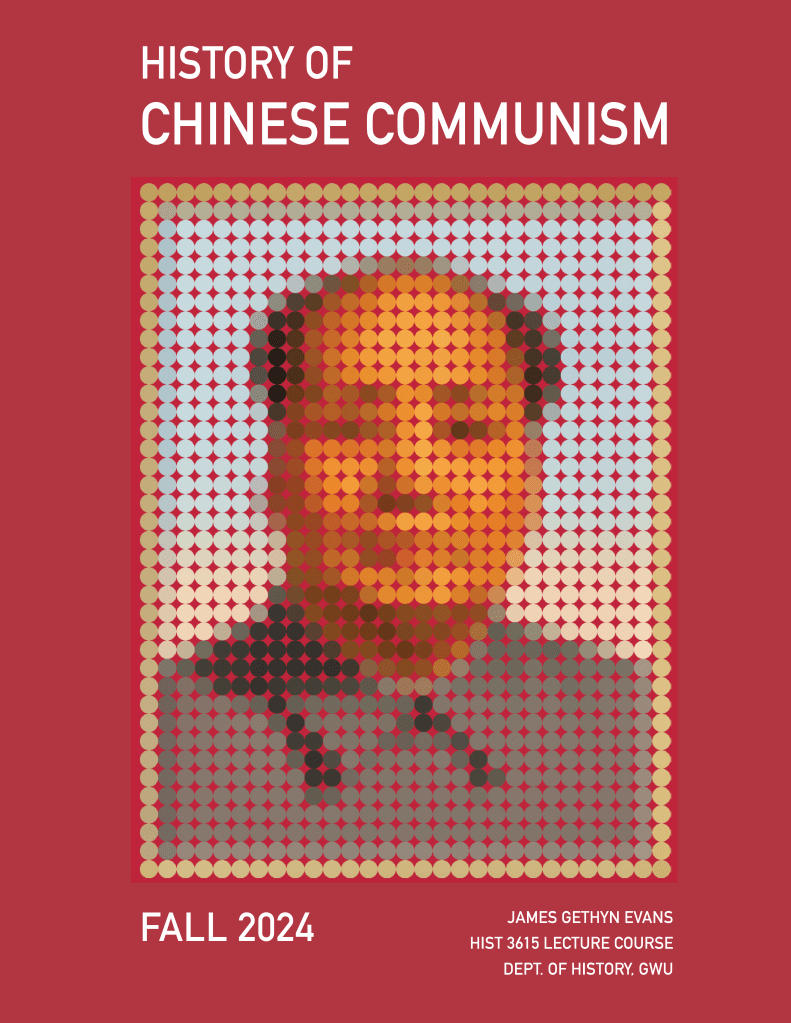
Spring/Summer 2023/24: HIST 89J/HIST E-1827/S1827 (Harvard University)
The United States and China: Opium War to the Present
Harvard College/Department of History and Department of Continuing Education, Harvard University with Professor Erez Manela.
This seminar course, offered in both the History Department (for Harvard College students) and the Department of Continuing Education (for Extension Master’s students) at Harvard University, focuses on the history of Sino-American relations and interactions since the Opium War (1840s). It examines these relations through the lens of major events such as the Boxer intervention, the first and second world wars, the Korean and Vietnam wars, the Mao-Nixon rapprochement, and the post-Mao transformations. Central themes include trade, diplomacy, conflict, mutual perceptions, cultural influences, and migration.
This seminar is also be offered in summer 2023 as HIST E-1827 through the Harvard Summer School (Department for Continuing Education).
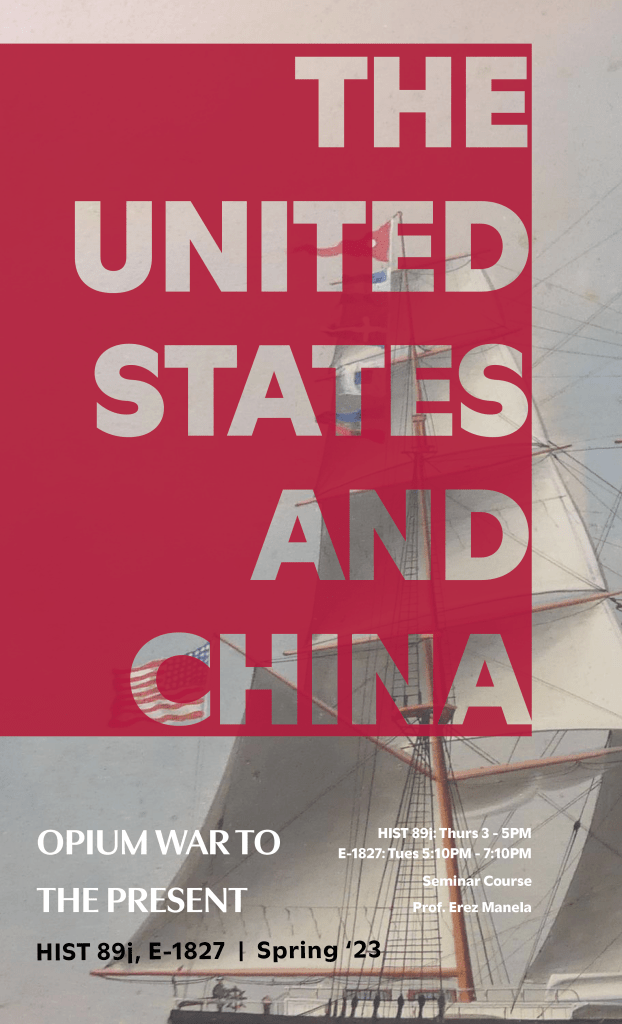
Fall 2023: HIST 3611 (George Washington University)
Modern China
Department of History, George Washington University, Visiting Instructor of History (Adjunct Assistant Professor)
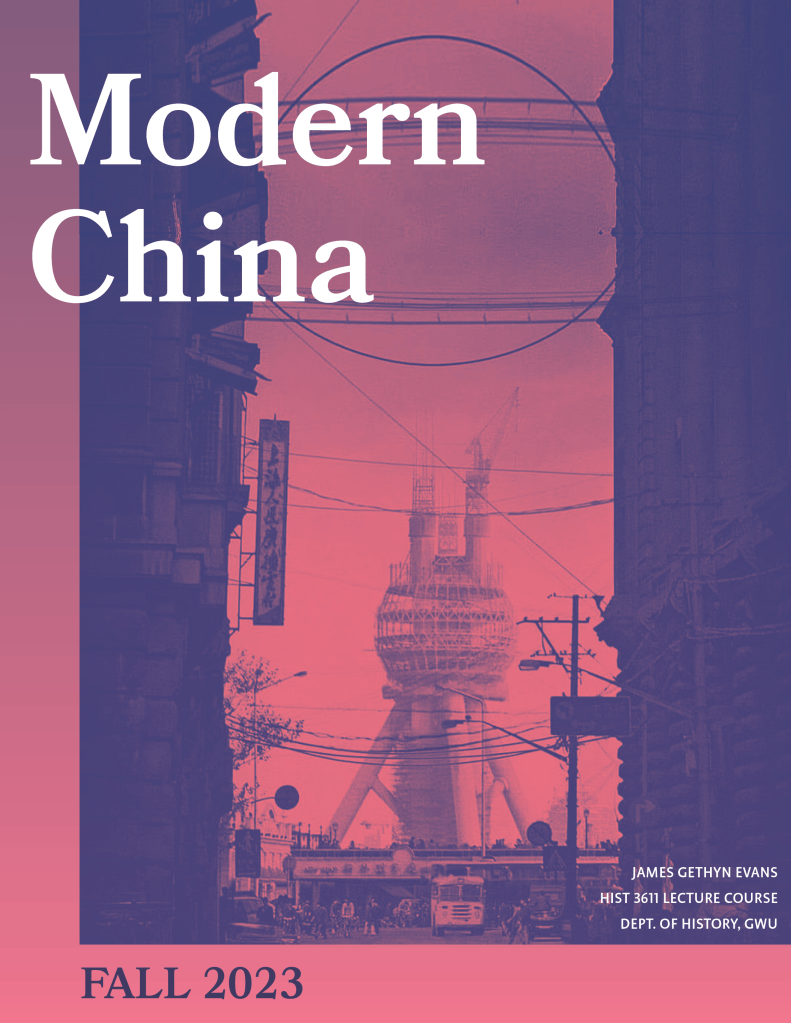
This introductory undergraduate course surveys modern China from the late Qing to the present.
Spring 2023: HSTR 391.50: Modern East Asia (University of Montana)
Modern East Asia
Department of History, University of Montana, Visiting Instructor of History (Adjunct Assistant Professor)
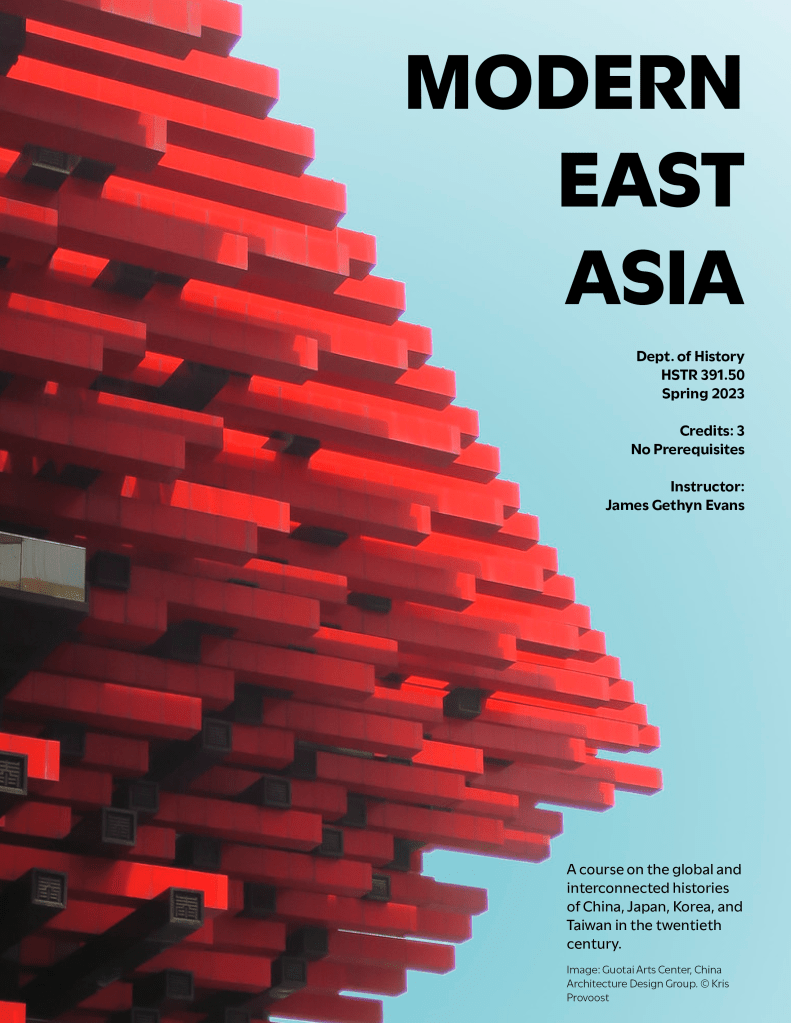
This intermediate course surveys the global and interconnected histories of China, Japan, Korea, and Taiwan in the twentieth century. By exploring the connections, themes, and legacies that emerge out of East Asia’s transformative century, this course will equip students with the necessary skills and context to understand how this dynamic region has evolved and emerged into the contemporary economic and political (super-)powers that we see today. Understanding East Asia—from the Meiji Restoration and the Korean War to the rise of China and K-pop—will be of increasing importance to anyone interested in international and global affairs in our modern world.
Fall 2022: HIST 1602 (Harvard University)
Modern China: 1894 – Present
Department of History, Harvard University with Professor Arunabh Ghosh.
This is an introductory lecture course providing a survey of some of the major issues in the history of post-imperial China (1912- ). Beginning with the decline of the Qing and the dramatic collapse of China’s imperial system in 1911, the course examines how China has sought to redefine itself anew over the past one-hundred years. The revolutionary years of 1911, 1949, and 1978 serve as our three fulcra, as we investigate how China has tussled with a variety of ‘isms’ (such as republicanism, militarism, nationalism, socialism, and state capitalism) in its pursuit of an appropriate system of governance and social organization. In so doing, we shall also explore the social, economic, cultural, and scientific changes wrought by these varied attempts at state-building.

Guest Lectures
I have guest lectured for courses in modern history, political science, and East Asian Studies at Northeastern University (“Maoism in a Global Context”), UC Irvine (“What is Global Maoism?”), MIT (“China’s Rise: From Mao to Now”), Swarthmore College (“Global Maoism and China’s Cold War Foreign Policy”), Georgetown University (“Mao, Anti-Imperialism, and the Black Panthers,” “Founding of the PRC”), and for various courses at Harvard University (“Third World Maoism during the Cultural Revolution,” “China as a Colonial Power?” “Foreign Relations in the Mao Era,” and “Sino-US Rapprochement and the Death of Mao”).
Academic Advising
Masters’ Theses Advised: Thomas Baker, ALM Degree Masters’ thesis, Harvard University (2022)
Undergraduate Advisees: Undergraduate thesis: Rachel Harris (Harvard College, 2023) Amanda Stickels (Harvard College 2024); Harvard College Board of Freshman Advisors (academic advising for first year students at Harvard College, 2017 – present)
Other Advising: Taiwan Education and Research Program (George Washington University), faculty advisor for Alex Wan and Aidan Boyle (2024)
Adult Learners and K-12 Education
As someone who started my graduate school career in evening classes at Harvard’s Extension School, I am always looking for ways to make my teaching more accessible to adult and non-traditional learners. I currently teach and serve as a master’s thesis advisor at the Harvard Extension School, and I work closely with first-year students at Harvard College on their academic transition from high school through the Board of Freshman Advisors.
Since 2021, I have designed and taught courses on “East Asia in the Cold War,” “Women’s History in China,” and “A History of Technology in China” for advanced high-school students preparing for college. These courses introduce students to primary sources and historiography, and develop original research, critical thinking, and persuasive writing skills.
From 2009-2012, I also taught English as a Second Language part-time to K-12 through to adult learners, ranging from basic pronunciation to advanced professional usage.
Pedagogy
My teaching has two primary goals: to develop critical thinking, including analytical, writing, and reading skills; and to create an inclusive and accessible space that encourages participation from students of all backgrounds and experiences. One of my primary takeaways for students in my class is that they will develop relevant skills that will set them up for future success in a variety of careers.
My classes include activities to get students thinking in different ways about content from the readings or from lectures. Below are some suggestions for in-class activities that have proven successful. While they are exercises focused on China, they can be easily adapted to other disciplines or regional foci.
Classroom activities:

Drawing borders: Provide students a satellite image of China and ask them to draw China’s borders from memory. The exercise gets students thinking about where and why we have borders, what that means for who/where “belongs” in a state, and how boundaries shape our thinking about geopolitical space.
How did you get here today? Students draw (yes draw!) how they got to class, defined however they want (transportation on that day, their family history etc.). Students then give their drawing to someone else, and have that person describe the picture. What details can we determine? How clear is the image? The students have now all made a (non-text) primary source, and like any source, the intent of the creator is not always clear. This activity is inspired by Eileen Chow (Duke University), whose Ted Talk on origins and journeys is a masterpiece in using storytelling in classrooms.
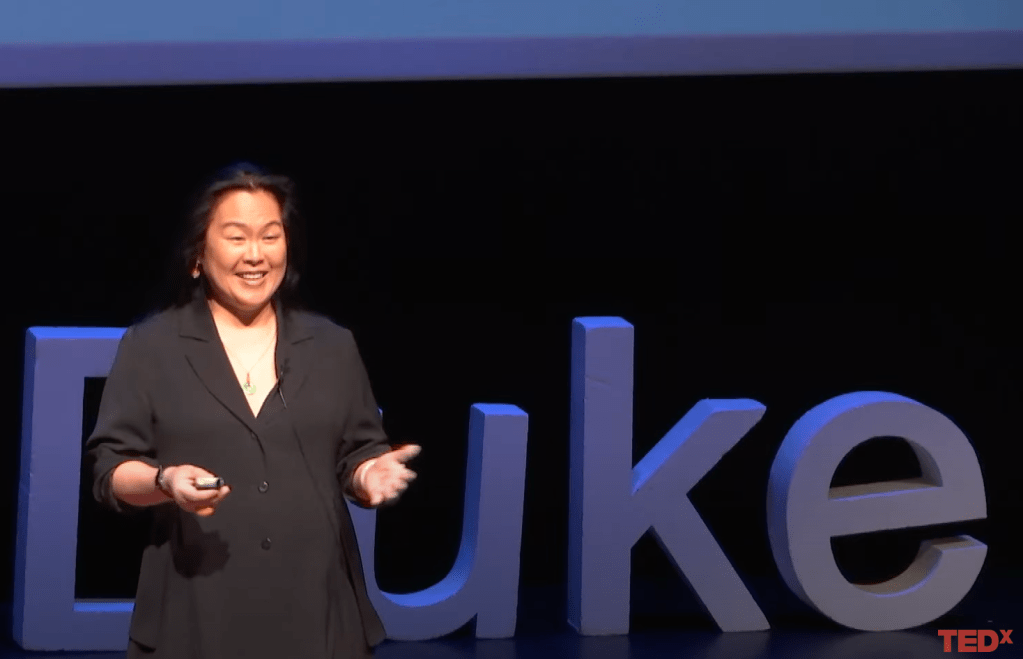
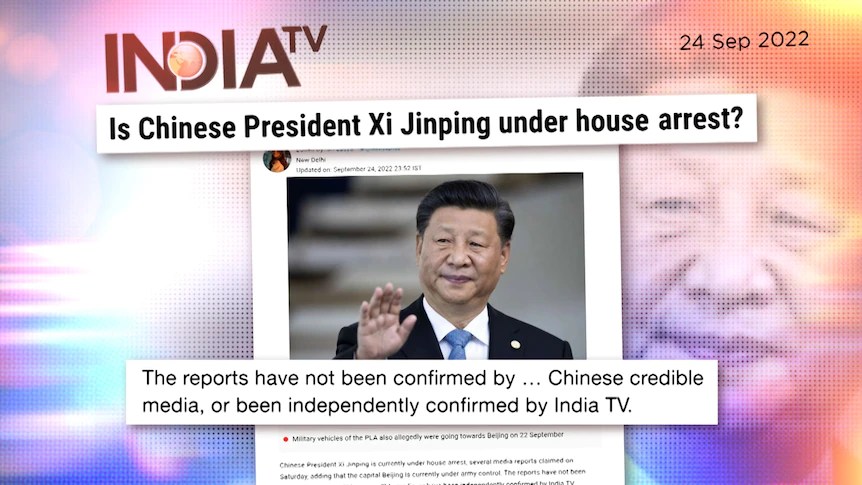
Disinformation, or Rumor has it: Provide students with a rumor and ask them to find multiple online sources that confirm or deny whether it is true. This prompts a discussion about how we process questions of evidence and validity. Students decide whether information is reliable all the time on social media; highlighting how scholars use similar techniques and cognitive shortcuts (and biases) emphasizes the relevance of these skills to academic inquiry. Conversely, you could ask students to create their own rumor and provide evidence for its veracity.
Am I the A**hole (AITA)? Students compose complaint pieces from the perspective of characters that are depicted as making unsavory choices. For a Chinese history class, using characters encountered in William Hinton’s Fanshen (a book about the instability of rural life during the Chinese Civil War) provides a good text for drawing lessons about empathy and thinking about how individuals respond to instability.
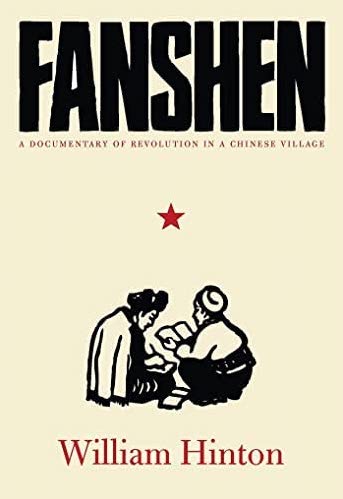
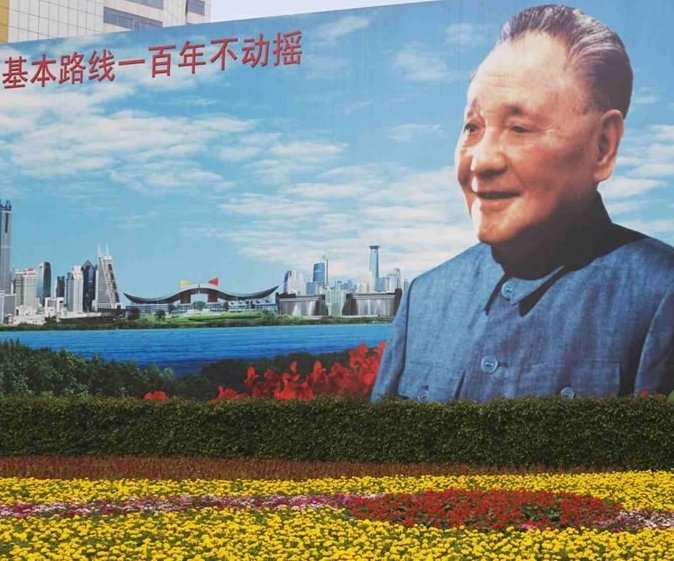
Reform and Opening Up Role Play: Students are assigned a character – either a local official, an overseas investor, or a villager – in a fictional village that is undergoing market-based reforms in the early 1980s. (Download full instructions here).
Each participant is given a character with a background and personalized secret mission to either promote one industry over another, or to support/sabotage others in the group, as well as a list of potential resources in the. village at their disposal.
Collectively, the “village” must propose a village-level enterprise to transform its economic futures. The enterprise must be agreed on by consensus rather than voting.
This exercise takes about an hour and a great way to teach empathy, how grudges from the Mao-era persisted in the reform era, and why some villagers might have resisted reform.
Land Reform Role-Play Students are assigned a role as part of a “village.” Some are CCP officials, the others are peasants of various descriptions. Students must use the Jiangxi Soviet Land Law to convince the officials whether they are a landlord, rich peasant, middle peasant, poor peasant. Unknown to the students at the start of the exercise, there is a twist.
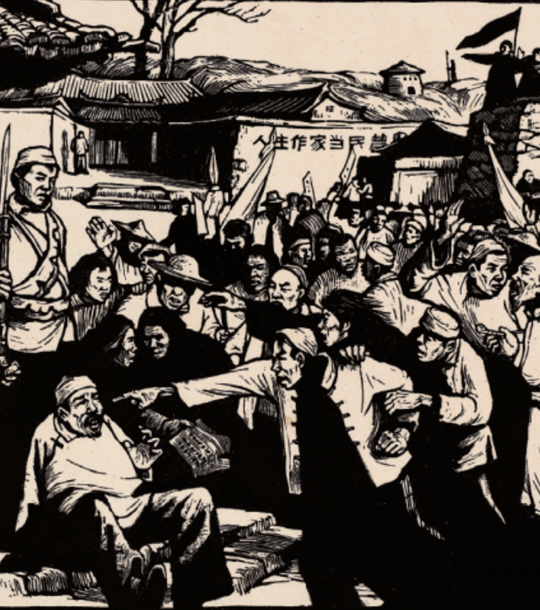
Professionalization for Graduate Students
I regularly present to graduate student groups about how to professionalize and how to maintain an active digital presence that contributes to, rather than hinders, your research.
Here are my tips (from a recent presentation) for building a personal website for graduate students.